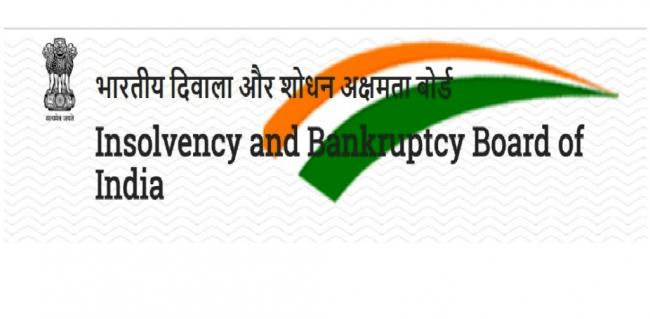
Courts in foreign jurisdictions may not recognize the restructuring plan approved by the NCLT in India. Further, the moratorium clause in IBC would not stop foreign creditors from filing suits in foreign courts. It will be cumbersome and costly for RPs to manage such litigation, reveals the joint study on ‘Experiencing the Code Corporate Insolvency in India’ released today at New Delhi.
Similarly, any court decree/order by foreign courts may not be recognized by the NCLT in India, leading to a logjam in the execution of judgement. Foreign parent companies that get their restructuring plans approved in a foreign country having a bearing on their Indian enterprise will face similar non-acceptance by the courts in India, noted the joint study.
The Code does not make any distinction between domestic and foreign creditors, and therefore both categories of creditors would have equivalent rights. However, it is not explicitly mentioned whether the representatives of foreign insolvency proceedings and creditors would have a right of access to the courts, as envisaged in the UNCITRAL Model Law.
The NCLT may, on receipt of an application from an RP, request a competent authority of a foreign country to seek evidence or action in relation to the foreign assets of the CD.
There are no specific provisions in the Code on how Indian authorities would give or seek assistance to or from foreign authorities or how Indian authorities would recognize and deal with debtors that are undergoing insolvency proceedings in multiple proceedings.
The two sections pertaining to crossborder insolvency were notified on 30 March 17. However, they do not have any immediate impact on the resolution of insolvent companies with cross-border interest, except that the NCLT can now issue a letter of request as envisaged in section 235.
The Central Government is empowered to enter into bilateral agreements with foreign Governments. It may also apply the Code in relation to assets or property of a corporate debtor (including a personal guarantor of a CD) situated at any place in a country outside India with which reciprocal arrangements have been made.
It is yet to be seen how effective bilateral agreements turn out to be, as they would be contingent on long-drawn negotiations with each country, and agreements with each country would vary, which might lead to chaos and litigation.
Cross-border insolvency has not been defined in the Code, but in general it may be understood as insolvency of borrowers who have assets or creditors in different jurisdictions or are subject to insolvency proceedings in multiple jurisdictions.
The Joint Parliamentary Committee on the Code, while deliberating on the Code, conceded that not incorporating provisions relating to cross-border provisions will lead to an “incomplete Code,” and accordingly added two new enabling sections: “Agreements with foreign countries” (section 234) and “Letter of request to a country outside India in certain cases” (section 235). Agreements with foreign countries:
Considering the complexities involved in the cross-border cases and the absence of an effective domestic insolvency framework, it is probably prudent to take one step at a time. Even while focusing on domestic insolvency, the BLRC acknowledged the need for cross-border insolvency in its final report.
Support Our Journalism
We cannot do without you.. your contribution supports unbiased journalism
IBNS is not driven by any ism- not wokeism, not racism, not skewed secularism, not hyper right-wing or left liberal ideals, nor by any hardline religious beliefs or hyper nationalism. We want to serve you good old objective news, as they are. We do not judge or preach. We let people decide for themselves. We only try to present factual and well-sourced news.







